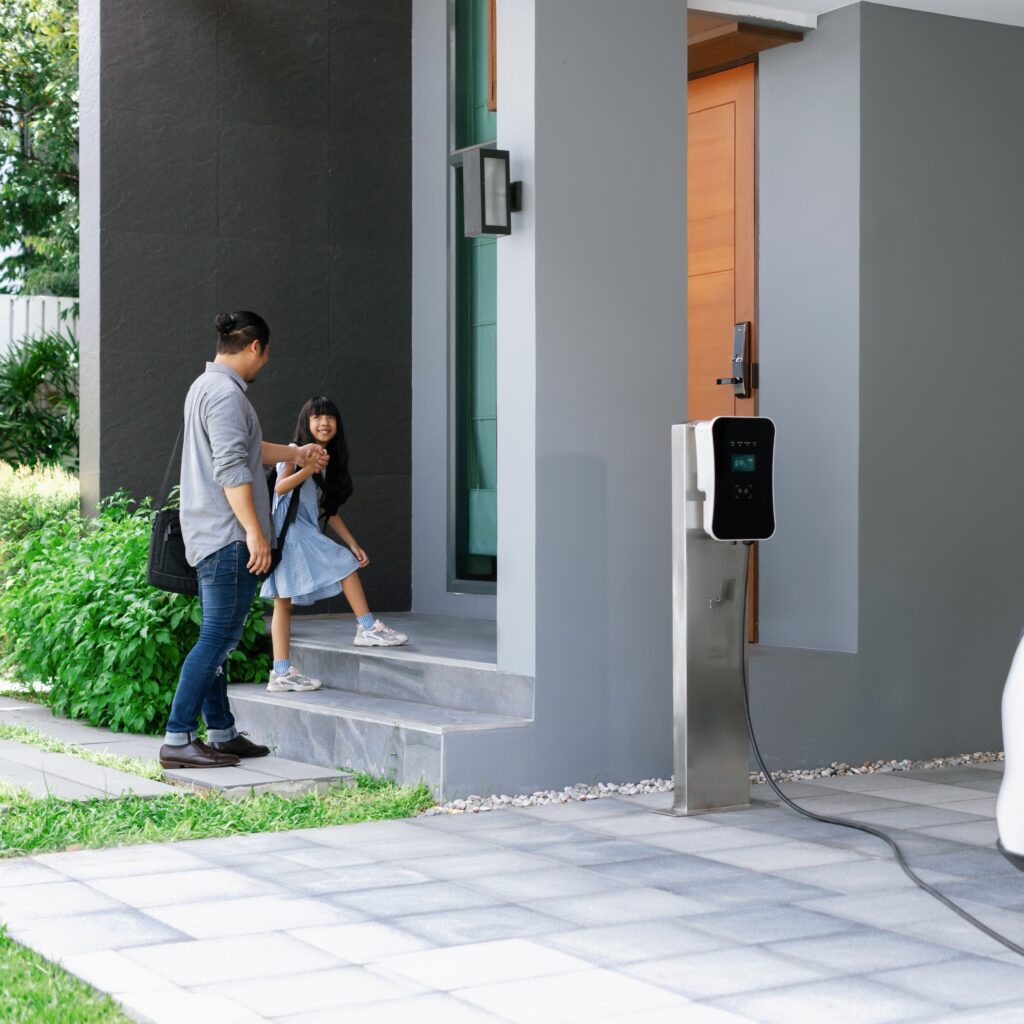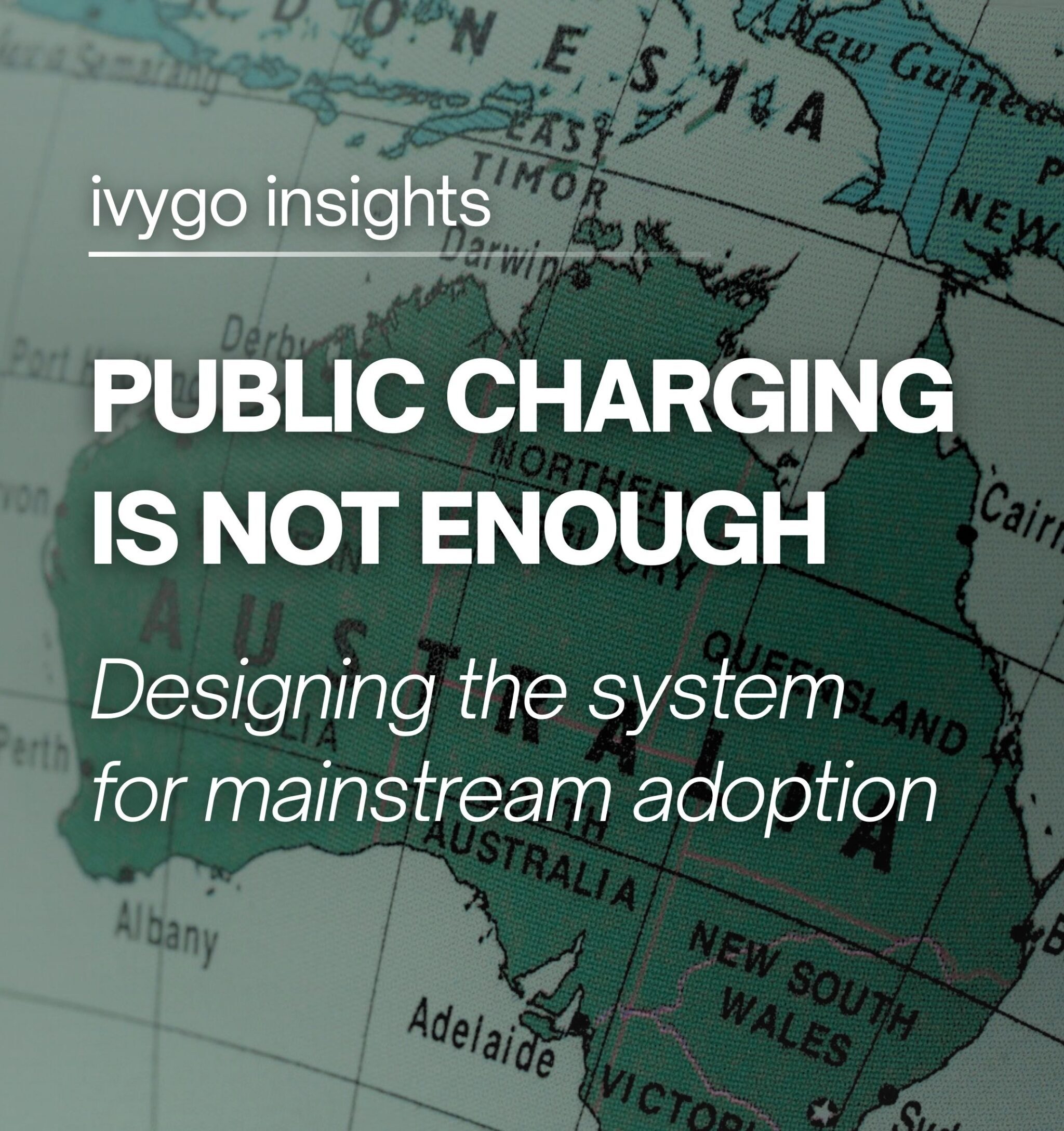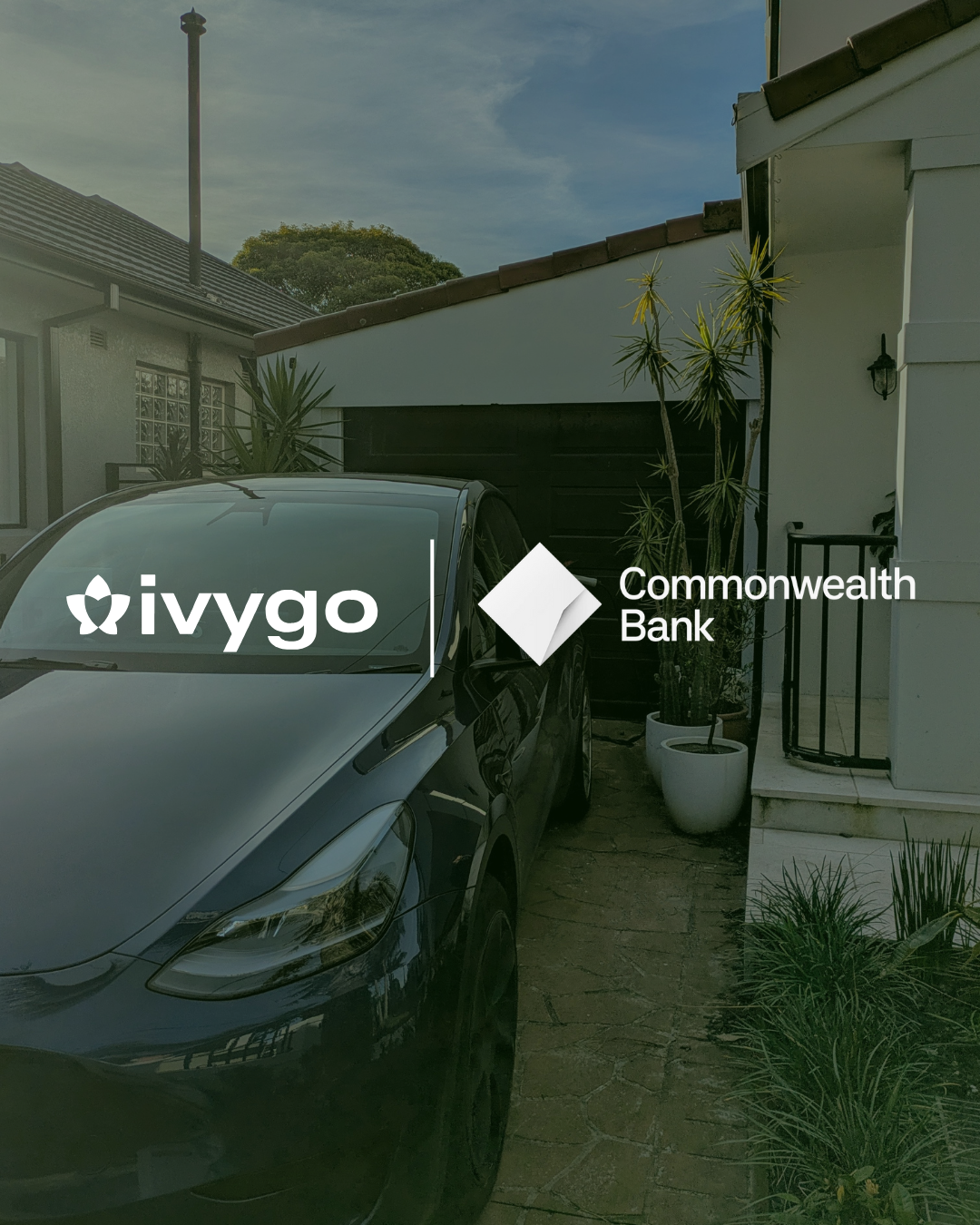In the age-old debate of which came first, the chicken or the egg, a similar conundrum arises in Australia's transition to electric vehicles (EVs). As the demand for EVs grows, so does the need for infrastructure to ensure accessible and convenient charging.
But without enough EVs on the road, investing in charging infrastructure seems premature. This dilemma is where peer-to-peer charging steps in, offering a solution that empowers communities and accelerates the transition to sustainable transportation.
1. The Chicken: Australia’s Electric Vehicle Adoption
The world is experiencing a shift towards electric vehicles as countries grapples with climate change and seek cleaner alternatives to traditional fossil fuel vehicles. However, Australia’s transition has been slower compared to other developed nations, with various factors such as limited infrastructure, high upfront costs, and range anxiety hindering widespread adoption.

2. The Egg: Infrastructure Investment
Investing in EV infrastructure is essential for a successful transition. This includes building charging stations, both public and residential, to alleviate range anxiety and provide convenient charging options.
However, without a significant number of EVs on the road, investing in infrastructure becomes a chicken-and-egg situation.
3. The Transition: Investing in EV Infrastructure
10:1
The recommended ratio for convenient and accessible EV ownership
40:1
The current ratio in Australia
In recent years, Australia has seen a surge in investments aimed at bolstering EV infrastructure. Governments, businesses, and energy providers are joining forces to build charging networks, with initiatives such as the Electric Vehicle Council’s Fast Cities Network and the Australian Government’s Future Fuels Fund paving the way for a more EV-friendly landscape.
However, with 40 EVs per public charger in Australia today compared to the recommended 10:1 ratio for convenient and accessible EV ownership, range anxiety remains a significant barrier, especially for the 35% of people who cannot install a home charging station due to living in apartments, renting, or not having a driveway.
4. Peer-to-Peer Charging: Empowering Communities
One fast and economic solution to Australia’s EV infrastructure challenge is peer-to-peer charging. This model allows EV owners to share their home charging stations with others in their community, effectively expanding the charging network and empowering individuals to take charge of their EV experience.
How It Works:
- Homeowners with EV charging stations register their chargers with Ivygo.
- EV owners can locate nearby charging stations through the Ivygo app and book charging sessions as needed.
- Transactions are facilitated through the app, with homeowners receiving compensation for the electricity provided.
“Range anxiety remains a significant barrier, especially for the 35% of people who cannot install a home charging station…”
— Julie Perrissel
Benefits of Peer-to-Peer Charging:
- Increased Accessibility: Peer-to-peer charging makes charging more accessible, especially in areas with limited infrastructure.
- Community Engagement: It fosters connections between EV owners and local homeowners, building community resilience and sustainability.
- Cost-Effective: EV owners benefit from lower charging costs compared to commercial stations, while homeowners earn extra income by sharing their electricity.
- Scalability: As the number of EVs grows, so does the potential for peer-to-peer charging, making it a scalable solution for Australia’s transition to electric transportation.
Conclusion
In the age-old debate of the chicken and the egg, Australia’s transition to electric vehicles finds its answer in innovation and community empowerment. With investments in EV infrastructure and the embrace of peer-to-peer charging, Australia can overcome the chicken-and-egg dilemma and accelerate its transition towards a sustainable transportation future. As more Australians plug into the EV revolution, the benefits will extend beyond the roads, ushering in a cleaner, greener tomorrow for all.
If you are interested in becoming a host, please reach out to us at [email protected].



